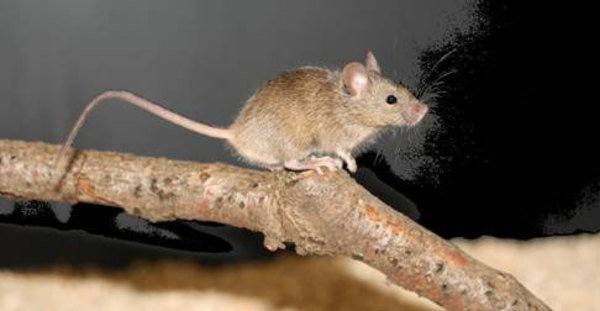The group of Diethard Tautz was interested in the identification and characterization of genes involved in adaptation processes mostly using the house mouse (Mus musculus) as a model system. It has aüplied a broad range of genomic techniques, but also behavioral, morphological and mapping approaches. The characterization of the identified genes included also experiments in semi-natural environments.
All experimental projects were finished with the retirement of Prof. Tautz in August 2023.
Prof. Tautz continues to work as Emeritus Scientific Member at the Institute. The main focus is on data analysis and writing of publications.


